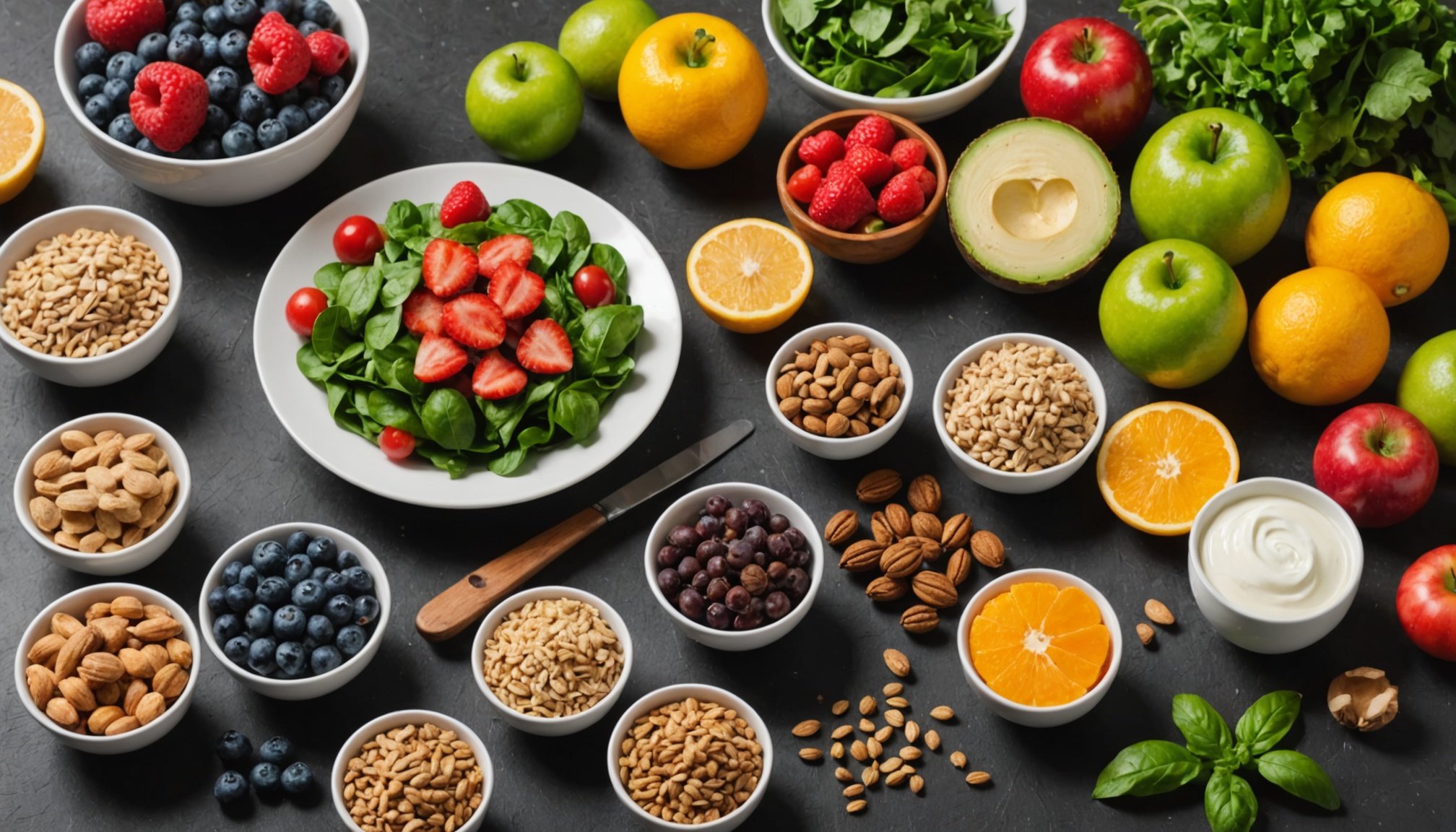In the quest for a healthier lifestyle and effective weight loss, understanding how your diet affects your metabolism is crucial. Metabolism is the process by which your body converts what you eat and drink into energy. The types of foods you consume can significantly influence your metabolic rate and, ultimately, your ability to shed fat. In this article, we will explore the foods that can help you boost your metabolism, increase your energy levels, and support your health as you work towards your weight loss goals. Let’s dive into the best foods that should be on your plate.
High-Quality Protein Sources
Proteins play a vital role in your diet, especially when it comes to weight loss and metabolism. Consuming high amounts of protein can increase your metabolic rate for a few hours by inducing the thermic effect of food (TEF), which is the energy required to digest, absorb, and process the nutrients. This means that by including protein-rich foods in your meals, you can effectively boost your metabolism.
This might interest you : How can family involvement in healthy eating improve your success in losing weight?
Focus on incorporating lean meats, fish, eggs, dairy products, legumes, and plant-based proteins into your diet. Chicken, turkey, salmon, and beans are excellent choices that not only help in building muscle but also keep you feeling satiated longer, reducing the likelihood of overeating. Furthermore, protein is essential for repairing tissues and maintaining muscle mass, which is important for a healthy metabolism.
When you plan your meals, aim to include a source of protein in each one. This strategy can enhance your overall nutrient intake, help you manage your appetite, and sustain energy levels throughout the day. Remember, the more muscle mass you have, the more calories you burn, even at rest. Therefore, prioritizing high-quality protein sources in your diet is a smart move for both enhancing your metabolism and promoting weight loss.
Have you seen this : How can you incorporate more physical activity into your daily routine to support weight loss?
Healthy Fats as Energy Boosters
While it may seem counterintuitive, incorporating healthy fats into your diet can actually help with weight loss and metabolism. Fats are a crucial part of your body’s energy system and can be an excellent source of longer-lasting energy compared to carbohydrates. However, the type of fats you choose to consume is of utmost importance.
Focus on sources of unsaturated fats such as avocados, olive oil, nuts, and seeds. These fats can help regulate the hormone levels that control your metabolism, particularly those related to satiety and hunger. In moderation, healthy fats can improve heart health, support brain function, and aid in the absorption of fat-soluble vitamins, all of which contribute to a well-rounded diet.
In addition, omega-3 fatty acids found in fatty fish such as salmon and mackerel have been shown to enhance metabolic function. They can also help reduce inflammation in the body, which is important for maintaining a healthy metabolic rate. Therefore, don’t shy away from adding healthy fats to your meals. By replacing saturated and trans fats with heart-healthy options, you can enhance your metabolism and support your weight loss journey.
Incorporating Fiber-Rich Foods
Fiber plays an essential role in promoting weight loss and improving overall health. Foods high in dietary fiber can help regulate your metabolism by slowing down the digestion of carbohydrates and stabilizing blood sugar levels. This, in turn, leads to a more controlled appetite and fewer cravings, making it easier for you to stay on track with your diet.
Include a variety of fruits, vegetables, whole grains, and legumes in your meals. Foods like broccoli, quinoa, berries, and lentils are not only rich in fiber but also packed with essential vitamins and minerals. Eating a fiber-rich diet can keep you feeling fuller longer, which helps prevent overeating and supports your weight loss efforts.
Moreover, certain types of fiber, known as soluble fiber, can help improve digestion and promote a healthy gut microbiome. A healthy gut is linked to better metabolic health and can play a role in how efficiently your body burns calories. To make fiber-rich foods a staple in your diet, try to incorporate them gradually, ensuring you drink plenty of water to help manage digestion.
Hydration and Its Impact on Metabolism
Staying hydrated is one of the simplest yet most effective ways to enhance your metabolism and aid in weight loss. Water is essential for your body’s various metabolic processes, including digestion and nutrient absorption. When you are well-hydrated, your body can more effectively convert food into energy.
Drinking water before meals has been shown to reduce calorie intake and promote a feeling of fullness, which can help prevent overeating. Additionally, substituting high-calorie beverages like sodas or sugary drinks with water can significantly reduce your caloric intake, making it easier to maintain or lose weight.
For those looking to boost their metabolism, consider incorporating metabolism-boosting drinks such as green tea or coffee. Both of these beverages contain compounds that can enhance fat oxidation and increase calorie expenditure. However, it’s essential to enjoy them in moderation, as excessive caffeine can lead to negative side effects. Aim to drink at least eight glasses of water a day, adjusting for your activity level and climate. Remember, proper hydration supports your overall health, boosts your energy, and is a crucial element of an effective diet.
In conclusion, the types of foods you choose to include in your diet can have a profound impact on your metabolism and weight loss efforts. By prioritizing high-quality protein, healthy fats, fiber-rich foods, and staying hydrated, you can set yourself up for success. Each of these components plays a unique role in enhancing your metabolic function and supporting your overall health. Remember, it’s not just about what you eat but how you incorporate these foods into a balanced and sustainable diet. As you make these changes, stay mindful of your body’s signals and adjust accordingly to find what works best for you.











